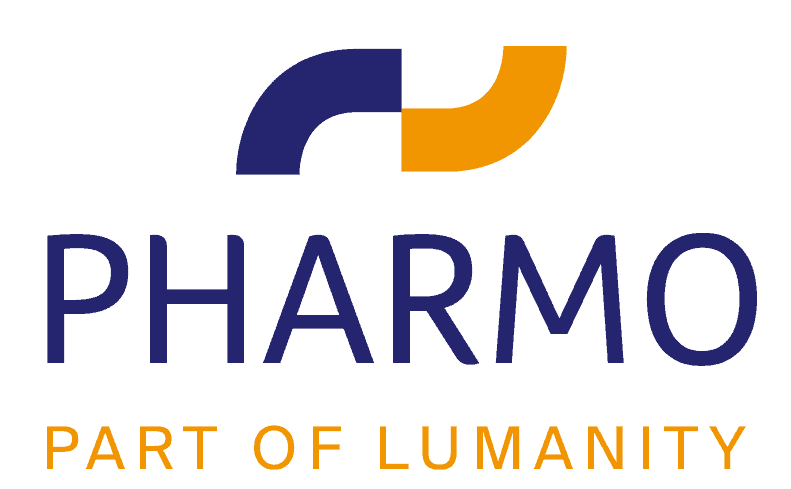AIM: Electronic healthcare record (EHR)-based surveillance systems are increasingly being developed to support early detection of safety signals. It is unknown what the power of such a system is for surveillance among children and adolescents. In tis paper we provide estimates of the number and classes of drugs, and incidence rates (IRs) of events, that can be monitored in children and adolescents (0-18 years). METHODS: Data were obtained from seven population-based EHR databases in Denmark, Italy, and the Netherlands during the period 1996-2010. We estimated the number of drugs for which specific adverse events can be monitored as a function of actual drug use, minimally detectable relative risk (RR) and IRs for 10 events. RESULTS: The population comprised 4 838 146 individuals (25 575 132 person years (PYs)), who were prescribed 2170 drugs (1 610 631 PYs drug-exposure). Half of the total drug-exposure in PYs was covered by only 18 drugs (0.8%). For a relatively frequent event like upper gastrointestinal bleeding there were 39 drugs for which an association with a RR >/=4, if present, could be investigated. The corresponding number of drugs was eight for a rare event like anaphylactic shock. CONCLUSION: Drug use in children is rare and shows little variation. The number of drugs with enough exposure to detect rare adverse events in children and adolescents within an EHR-based surveillance system such as EU-ADR is limited. Use of additional sources of paediatric drug exposure information and global collaboration are imperative in order to optimize EHR data for paediatric safety surveillance.
